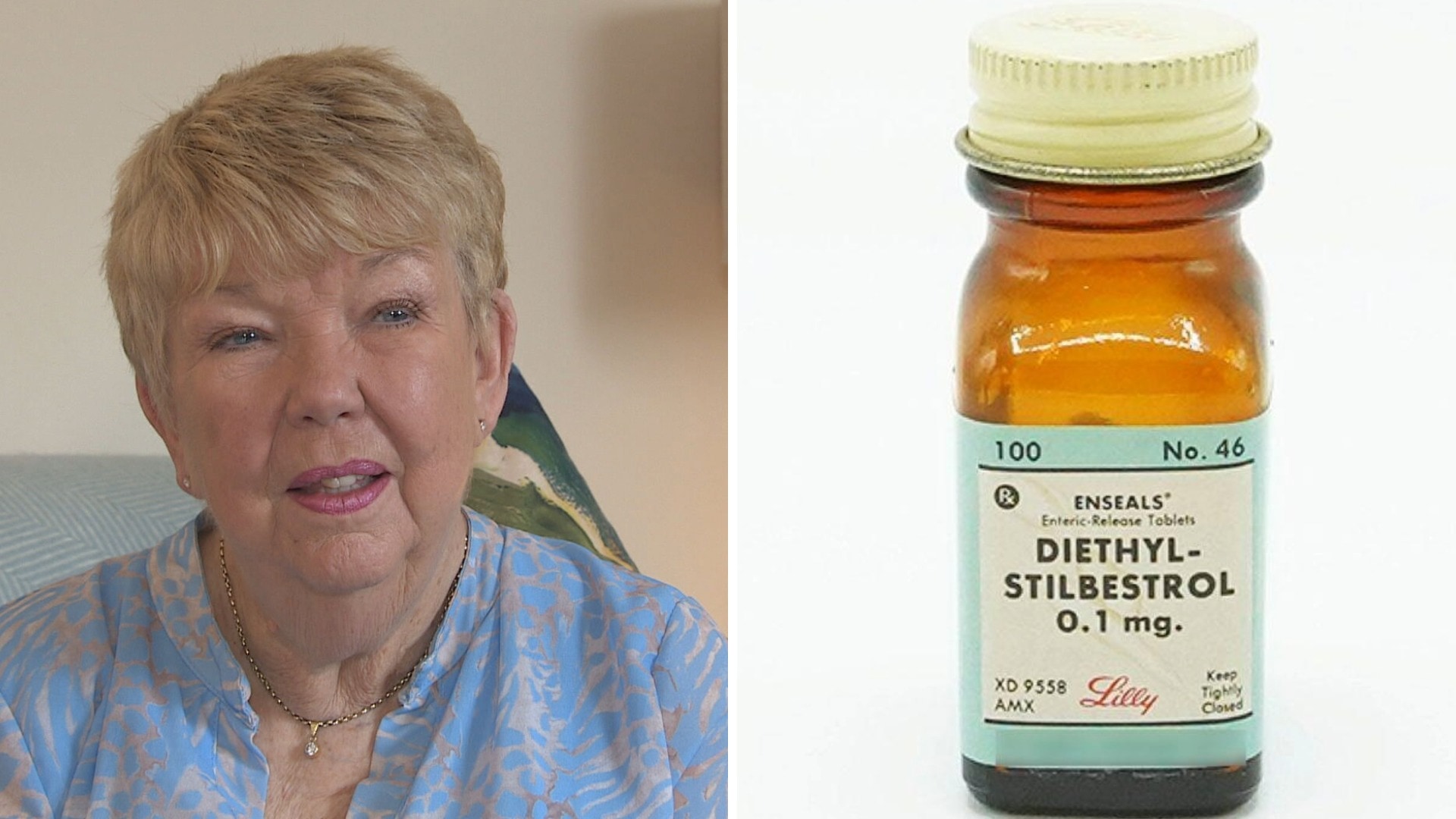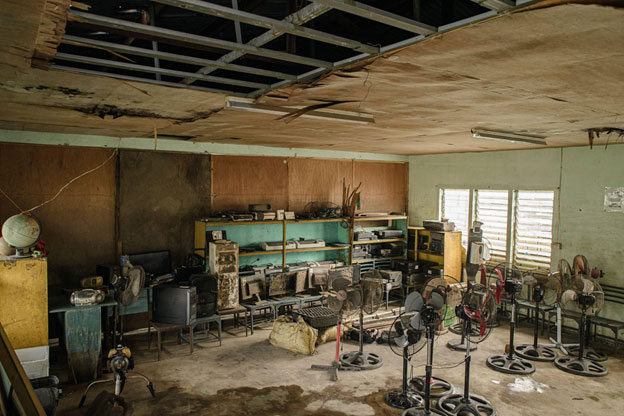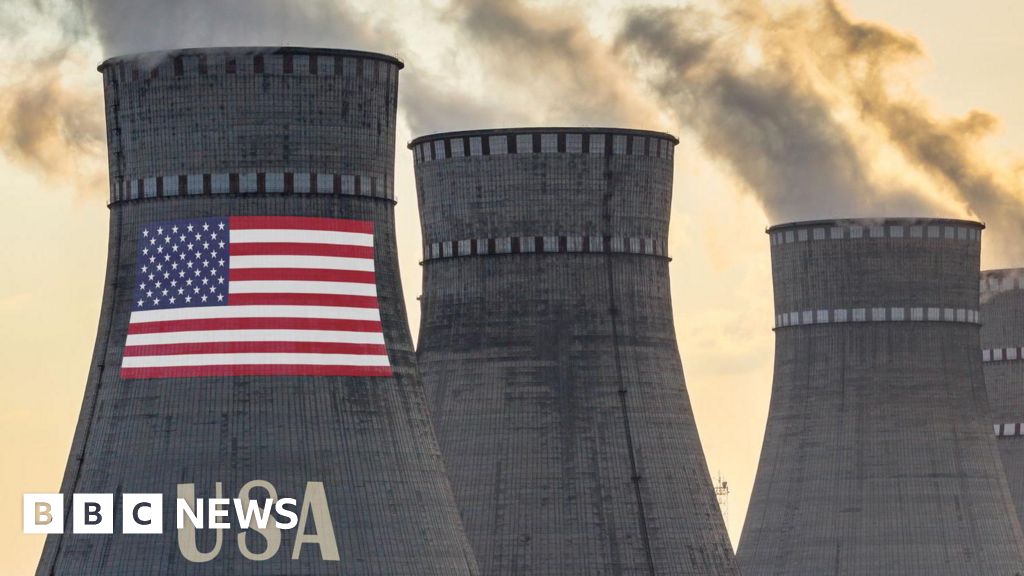Copyright timesnownews

The Maldives has become the first country in the world to impose a generational smoking ban - barring anyone born after January 1, 2007, from ever smoking, purchasing, or using tobacco. “The ban applies to all forms of tobacco, and retailers are required to verify age before sale,” the health ministry said. According to the ministry, the ban “reflects the government's strong commitment to protecting young people from the harm of tobacco”. The new ban comes right after the island, with a population of over half a million people, also prohibited vaping and electronic cigarettes, regardless of age, last year, in an effort to cut down on smoking across the country. Tobacco is associated with various diseases The World Health Organisation says tobacco is responsible for more than 7 million global deaths annually, leading to a “tobacco epidemic”, one of the “biggest public health threats the world has ever faced.” About a quarter of the population over the age of 15 consumes tobacco in the Maldives, according to a 2021 survey by the agency. Smoking is especially prevalent among young people, with nearly half of those ages 13 to 15 consuming some form of tobacco. The use of tobacco, a catchall name for plants in the Nicotiana genus, is known to affect nearly every organ in your body and is linked to multiple health issues, which include cancer, stroke, and heart disease. What happens when you quit smoking? According to health experts, the positive health effects of quitting smoking begin just 20 minutes after your last cigarette. Your blood pressure and pulse start to return to more normal levels. Along with that, the fibres in the bronchial tubes that earlier could not move well due to constant exposure to smoke start to move again. This is highly beneficial for the lungs as the fibres move irritants and bacteria out of the lungs, helping reduce the risk of infection. Experts say that slowly, the carbon monoxide levels also start returning to a more normal level. Carbon monoxide - a chemical present in cigarette smoke replaces oxygen particles in the blood, lowering the amount of oxygen your tissues receive. When carbon monoxide goes away, your oxygen levels start to increase to more normal levels. This helps nourish tissues and blood vessels that were getting less oxygen while you were smoking. Doctors say that slowly, after quitting smoking, you will find yourself able to breathe more easily. It happens because the bronchial tubes inside your lungs start to relax and open up more, making the air exchange between carbon dioxide and oxygen easier. Apart from this, your lung capacity, or the ability of the lungs to fill up with air, increases about three days after quitting. In the long run, the chances of getting lung cancer and other smoking-related illnesses drop by half. It also includes a reduced chance of cancers of the mouth, esophagus, bladder, kidneys, and pancreas.



